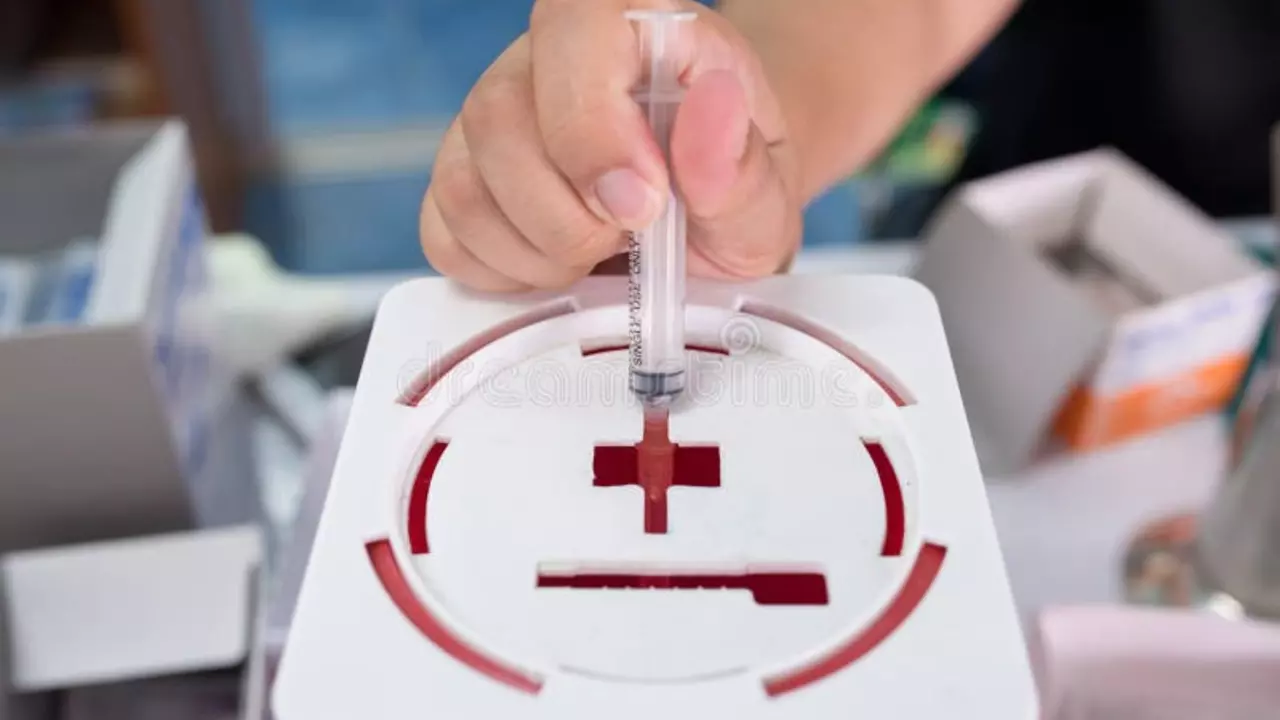Proper storage: how to keep your medications safe and effective
Keeping medicine that actually works and stays safe is easier than you think. Proper storage protects potency, lowers accident risk, and helps you avoid wasted prescriptions. Below are clear, useful rules you can use right away.
Everyday rules that matter
Store medicines in their original container so labels, expiry dates, and dosing info stay with the drug. Keep caps tightly closed and don’t remove desiccant packs from bottles unless the label tells you to. Avoid bathrooms and windowsills—heat and humidity break down many drugs fast. A cool, dry cabinet away from direct sunlight is usually the best spot.
Temperature matters. Room-temperature medicines do best between about 15–25°C (59–77°F). Some products need refrigeration; if the label says “keep refrigerated,” follow that exactly. Don’t freeze medications unless the instructions explicitly allow it—freezing can ruin liquid formulations and change how the drug works.
Child and pet safety is non-negotiable. Keep all medicines up high or in a locked box. Childproof caps slow kids down but aren’t foolproof—secure controlled substances separately and consider a small lockbox for opioids, sedatives, or stimulant medications.
Special cases, travel and disposal
Some medicines have special needs. Insulin, many biologics, certain eye drops, and some vaccines require cold storage. If you’re unsure, ask your pharmacist how to store an opened vial or how long a product lasts at room temperature once in use. For transdermal patches and topical steroids, keep them in original foil pouches until you need them to protect from moisture and light.
Traveling? Don’t leave meds in a hot car. Use an insulated cooler bag for temperature-sensitive drugs, and keep them in carry-on luggage on flights. Bring a copy of the prescription and a small list of active ingredients in case security or medical staff ask. If you fly internationally, check rules about transporting controlled meds and bring documentation from your prescriber if needed.
Expired or unwanted medicines need safe disposal. Many pharmacies offer take-back programs—this is the best choice. If there’s no take-back, mix pills with coffee grounds or kitty litter, seal in a bag, and throw in household trash so they’re hard to access. Never flush drugs down the toilet unless the label or local guidance says it’s okay.
If a medication looks, smells, or tastes different, don’t use it. When in doubt, call your pharmacist. They can confirm storage instructions, advise on stability after temperature changes, and help replace meds that may have been compromised. Small habits—storing meds in the right place, noting the date you opened a bottle, and using a lockbox—prevent big problems.
Want a quick checklist? Keep medicines in original containers, avoid heat and humidity, lock away controlled drugs, follow refrigeration rules, use a travel cooler when needed, and dispose via pharmacy take-back when possible. That simple routine keeps your prescriptions working and your family safer.
